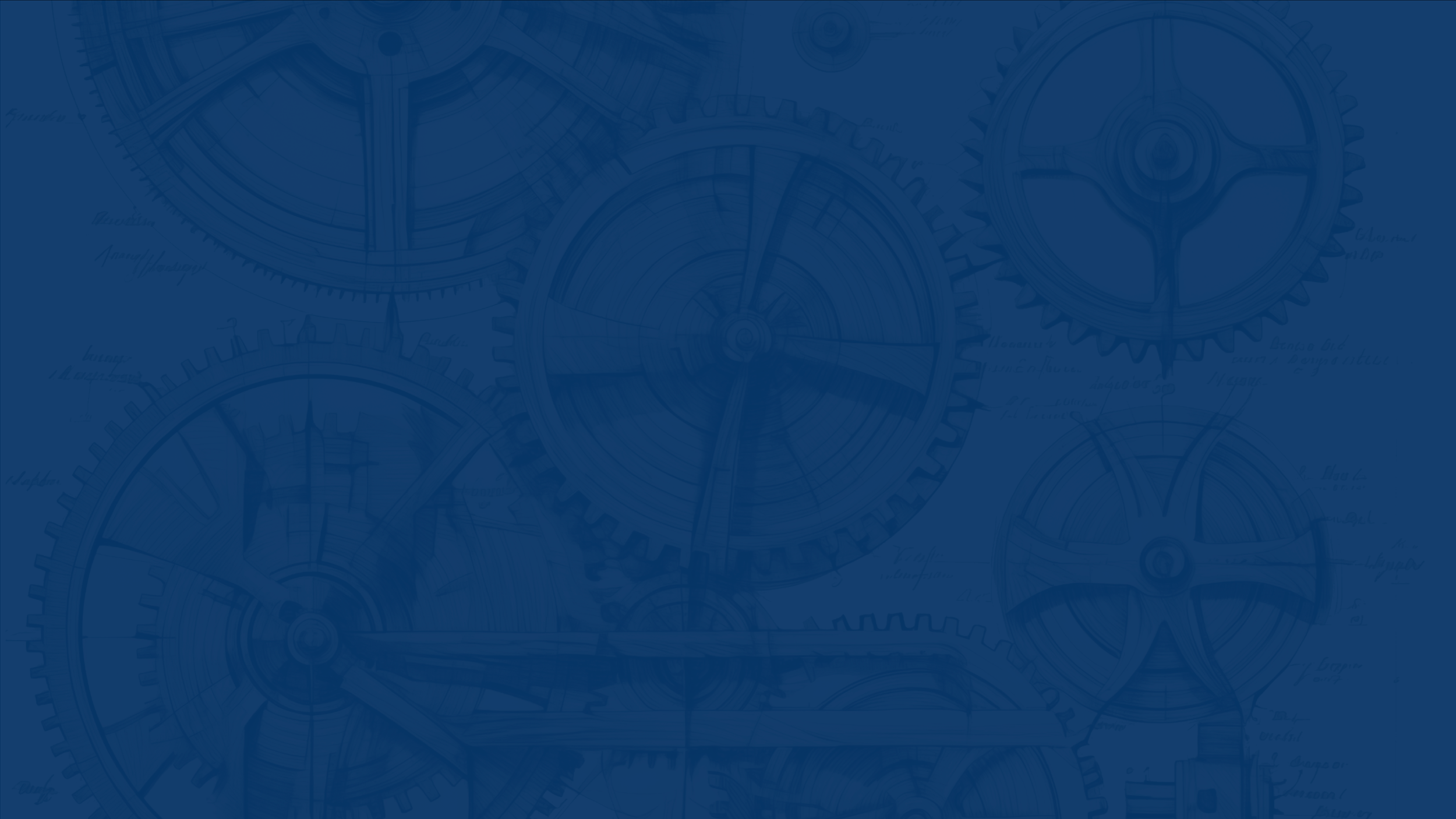AI & the Future of work at Purposeful Intent NYC 2024
Hello my new Purposeful Intent friends!
Thank you so much for allowing me to share the stage at Purposeful Intent with you. As promised, I have made this page with a few resources which may be helpful:
– a downloadable PDF of the most important slides from my talk
– a VIDEO so that you can watch the talk again (this video expires on Jul10)
– an A.I. SUMMARY of the talk from Otter.ai
Dan Chuparkoff
A.I. and Innovation Keynote Speaker
CEO, Reinvention Labs
AI Educator and Innovation Expert from
Google, McKinsey, and Atlassian
dan@chuparkoff.com | 1.312.869.9777
PDF summary of slides from the AI Keynote at Purposeful Intent NYC 2024

This was the FULL VIDEO of the talk
This video was posted for audience convenience but was removed on July 10, 2024.
A.I. Notes from the Dan’s Keynote at
Purposeful Intent New York City 2024
*These notes were created automatically by Otter.ai
Summary
Dan Chuparkoff discusses the impact of AI on the future of work, emphasizing its potential to transform workplace design, enhance team collaboration, and create a global AI-powered workplace. He also addresses the importance of managing hype cycles in AI, recognizing its limitations, and implementing AI in various industries. Chuparkoff highlights the potential benefits of AI in augmenting human capabilities, while acknowledging concerns about AI taking over human work. He presents a hierarchy of human expertise in work, arguing that AI can take over repetitive tasks to free up humans for more critical and uniquely human tasks.
Action Items
Consider how recognition AI could be used to analyze design materials and generate recommendations for your workplace design team.
Evaluate using AI assistants to take meeting notes and improve communication efficiency within your organization.
Look into how AI translation capabilities could help make your content and collaboration more globally inclusive.
Scan the QR code provided to receive the meeting transcript and slides.
Outline
AI's impact on work, with a focus on its potential disruptiveness and hype cycle.
Dan Chuparkoff: AI will revolutionize work, disrupting traditional concepts of labor.
Dan Chuparkoff discusses AI hype cycle, imagery, and specificity.
Chuparkoff questions whether AI is real or just a hype cycle, and its implications.
AI hype cycles and how to manage them for successful implementation
Dan Chuparkoff argues that "robot" is a vague term and that AI transformations often fail due to lack of specificity.
Dan Chuparkoff shares his journey from trailer park kid to tech leader at Google, highlighting his ability to manage hype cycles.
Chuparkoff distinguishes between recognition AI (25-30 years old) and generative AI (new but not completely imaginary).
AI capabilities, including recognition and generation.
Dan Chuparkoff explains two types of AI: recognition algorithms and generative, pre-trained transformers.
Recognition algorithms evaluate building materials, while generative transformers create new content like chatbots.
Dan Chuparkoff demonstrates how AI recognizes patterns by showing a sentence and asking the audience to predict the next word.
AI can generate the most likely next thing in a variety of contexts, such as images, sentences, and protein folding experiments.
AI language models, and their limitations.
Dan Chuparkoff explains the difference between generative AI and language models, emphasizing that AI is not a thinking entity but a big spreadsheet that can be used to look up information.
Chuparkoff highlights the limitations of AI, such as the fact that likely doesn't always mean best, and that there are many things in the brain that aren't already known by the computer.
Dan Chuparkoff explains how AI learns from people and provides average performance.
AI relies on internet answers, sometimes leading to incorrect or misleading information.
AI's capabilities and limitations, with a focus on NVIDIA's GPU and OpenAI's GPT models.
Dan Chuparkoff explains AI as an intern, not a replacement, and its limitations.
Dan Chuparkoff discusses the development of GPT, a language model, from Google to OpenAI, with increasing amounts of data used for training.
OpenAI's GPT 2.0 model, with 175 billion examples of content, produces surprising and magical results, but still no chatgpt interface.
AI tools for workplace design, including chatgpt, gemini, and claude.
Dan Chuparkoff discusses AI tools for content creation, highlighting ChatGPT, Gemini, and Claude as major players.
Chuparkoff notes that many AI tools use one of the big three under the covers, but there are also other tools in the market.
Dan Chuparkoff discusses AI's potential to transform workplace design, citing sustainability, personalized design, and space utilization as examples.
Chuparkoff notes that AI can recognize patterns in data and generate recommendations, and he provides three specific examples from his research.
AI applications, including image generation, code generation, and problem-solving.
Dan Chuparkoff discusses the potential of AI in various industries, including image generation, code generation, and protein fold prediction.
He emphasizes the importance of understanding the specific capabilities and limitations of AI technologies, rather than lumping them all together under the term "AI."
Dan Chuparkoff explains the hierarchy of human expertise, from processing to problem-solving to discovery to dreaming.
AI can assist with tasks at the bottom of the hierarchy, but cannot wish the world looked different from now.
Using AI to automate repetitive work tasks, freeing up time for critical thinking.
Dan Chuparkoff suggests flipping the pyramid of work by automating repetitive tasks and freeing up time for critical human tasks.
AI is particularly well-suited for communicating, with studies estimating that knowledge workers spend 66-68% of their day communicating.
Dan Chuparkoff highlights the benefits of AI note takers in meetings, such as improved efficiency and organizational memory.
AI assistants can help teams communicate more effectively by capturing important discussions and involving all stakeholders.
AI's impact on global collaboration, democratizing access to information, and changing the world of work.
AI can instantly translate videos into 50 languages, democratizing access to information.
Dan Chuparkoff predicts AI-powered workplace will change global economy, require new tech partnerships.
He envisions more efficient communication, freeing up time for solving harder problems and creating new products/services.

